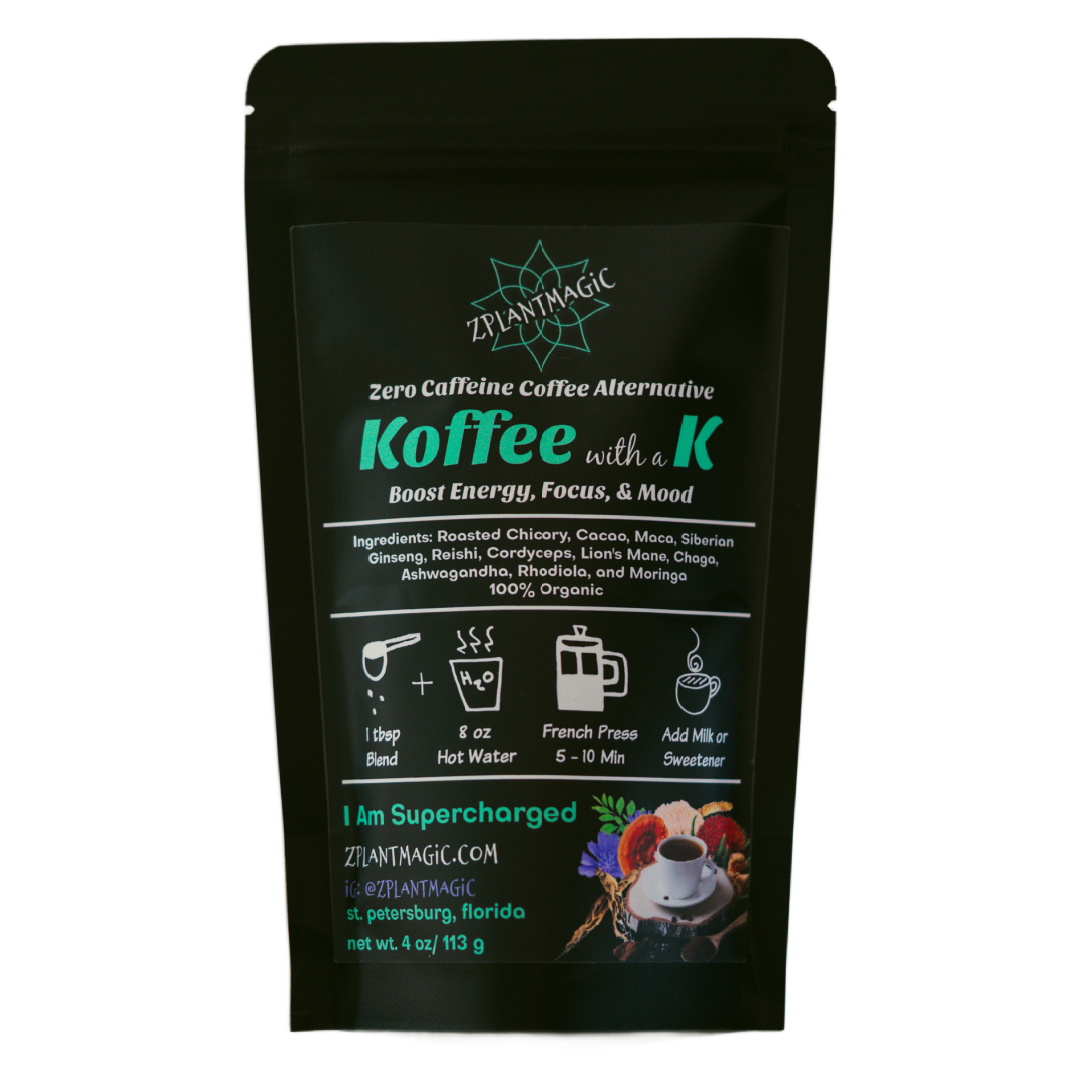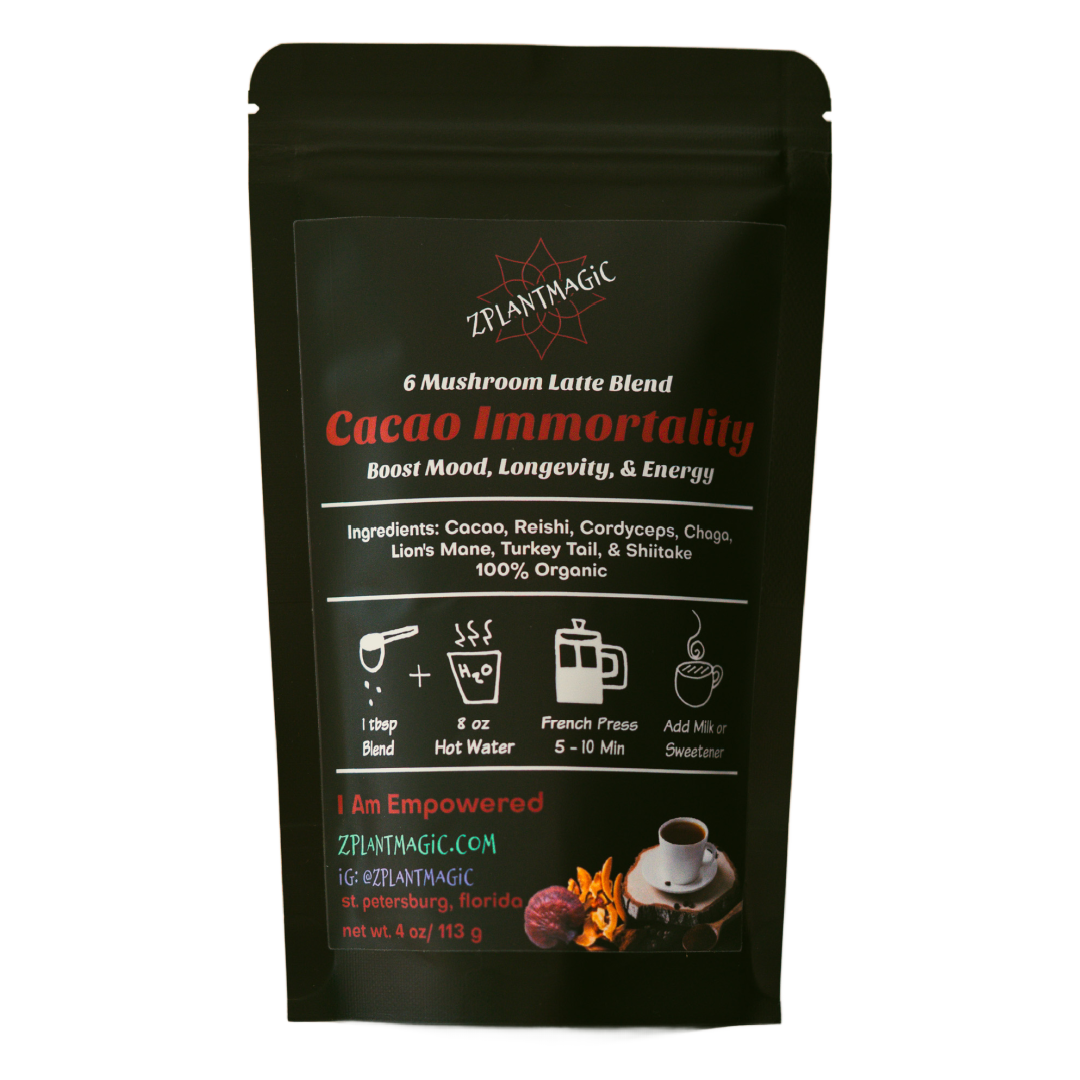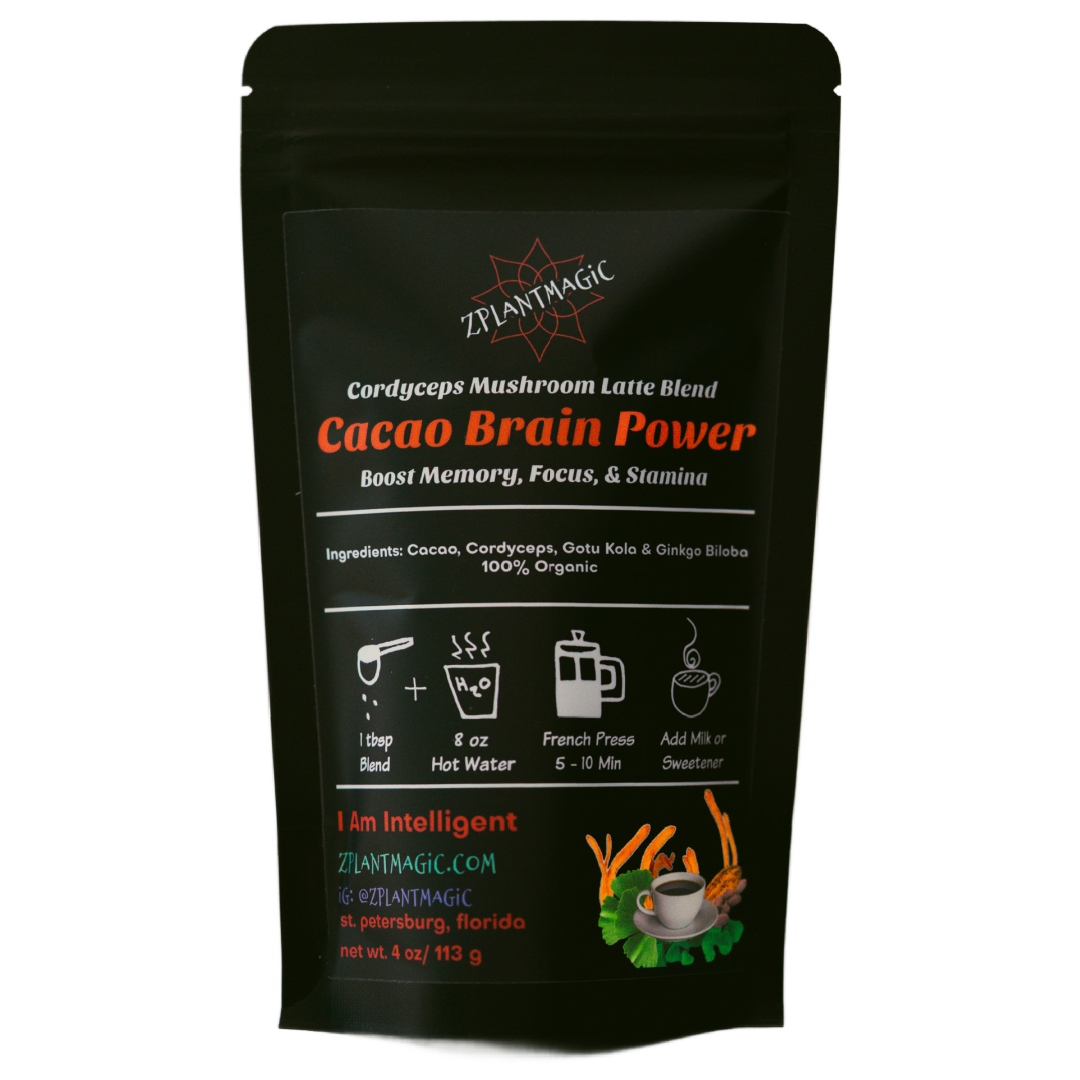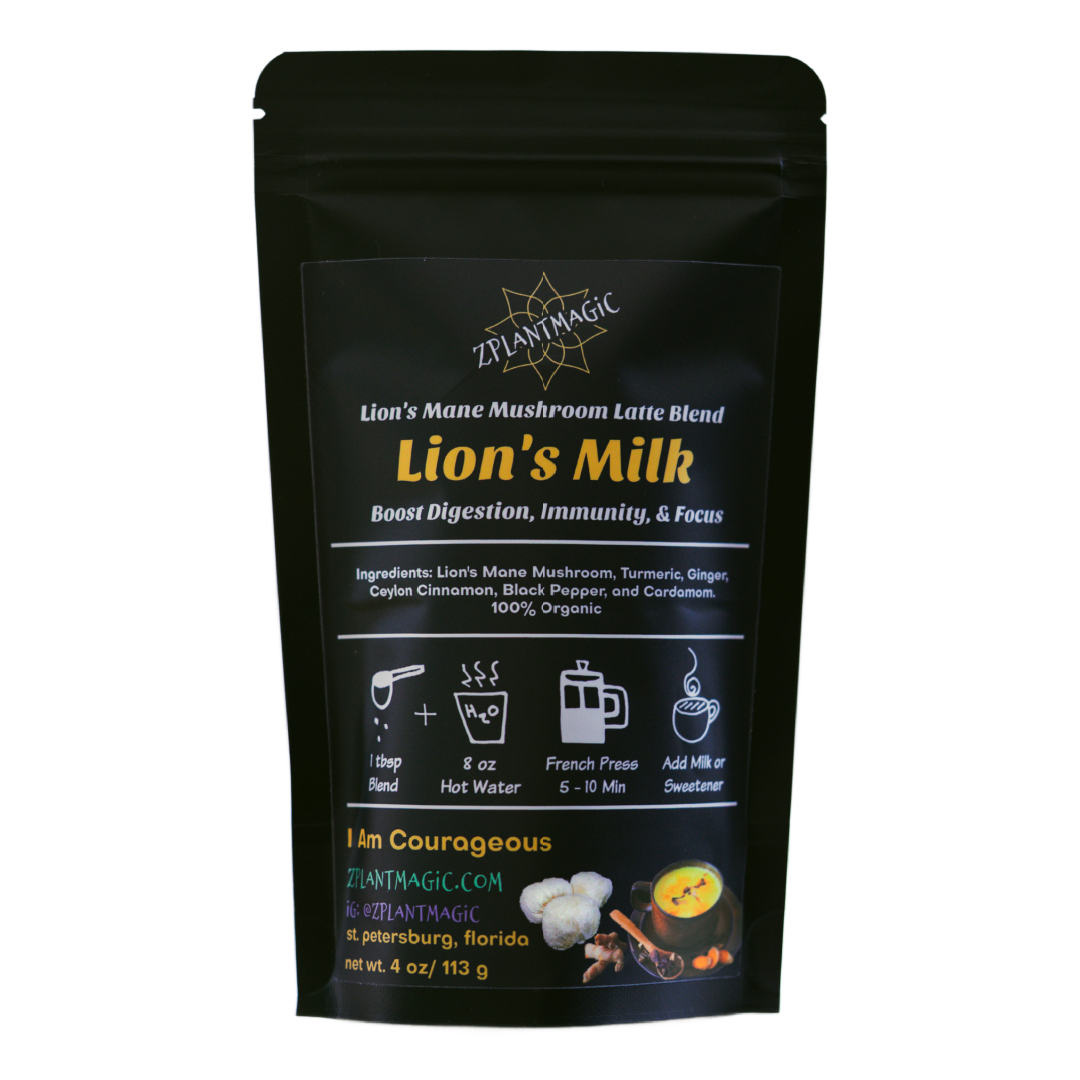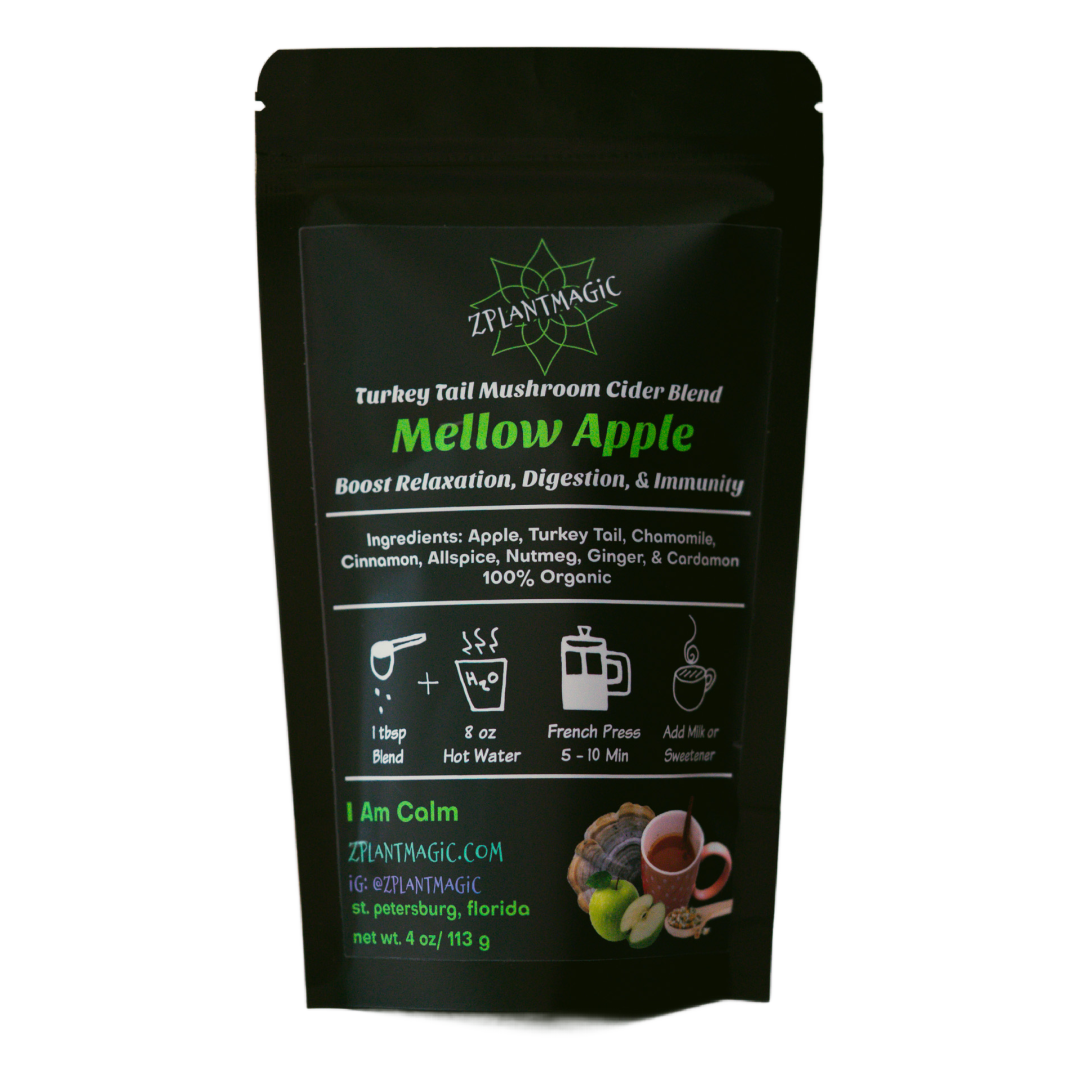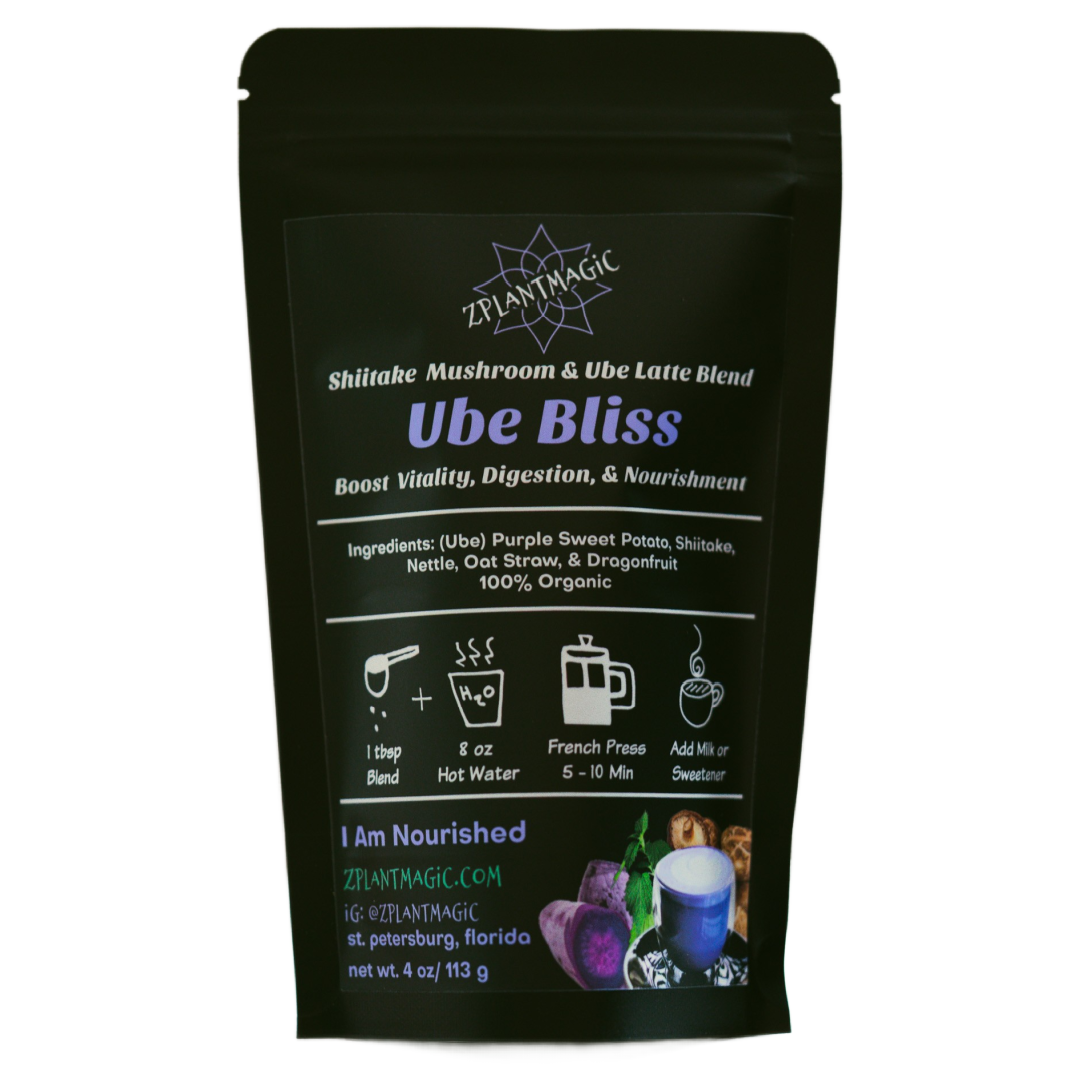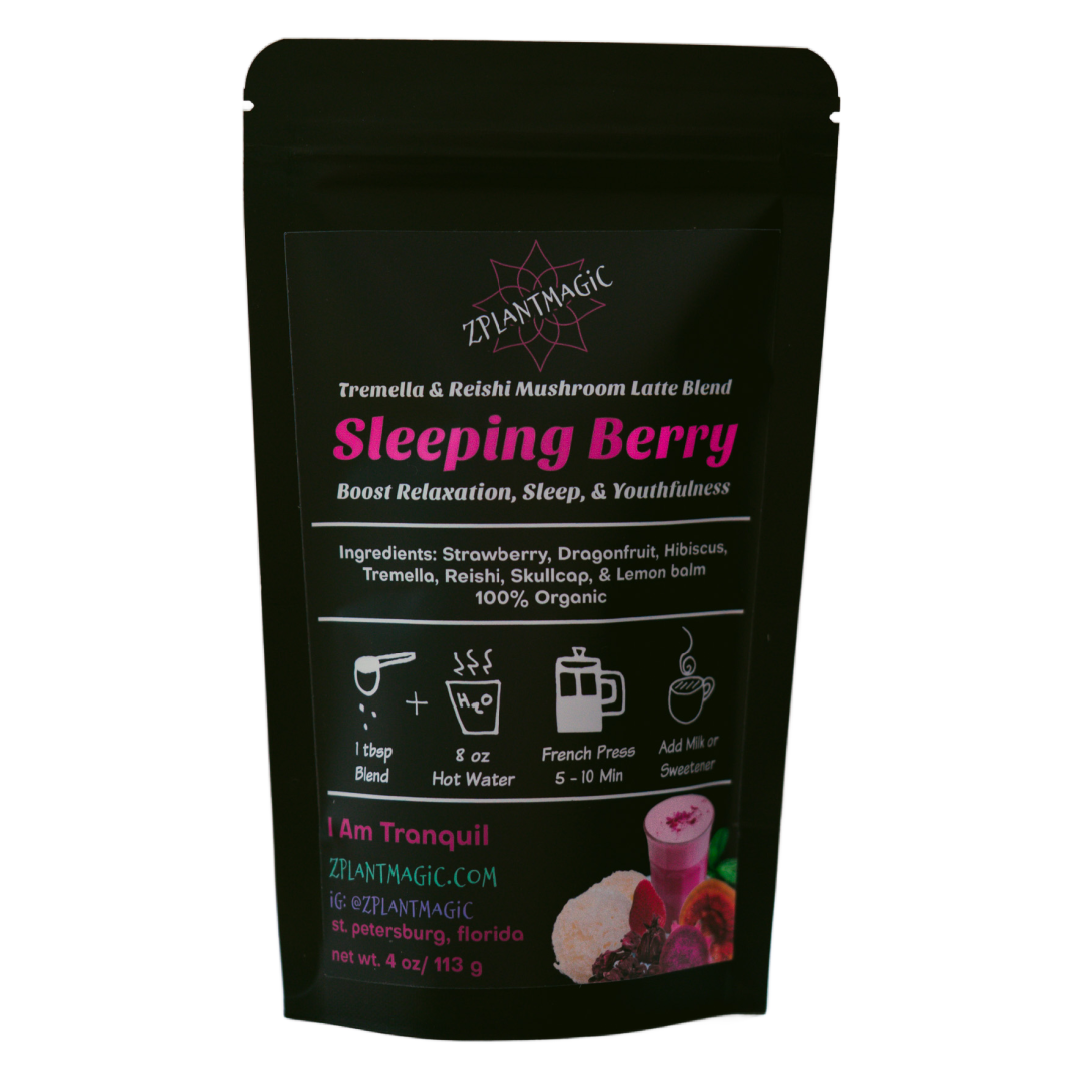

Why Are People Quitting Caffeine?
Caffeine is one of the most widely consumed psychoactive substances in the world. It's found in coffee, tea, chocolate, energy drinks, and many other common products. For many people, caffeine is an essential part of their daily routine, providing a boost of energy and alertness to help them get through the day. However, in recent years, a growing number of people are choosing to quit caffeine altogether. Why is this the case?
- Anxiety and Jitters
Caffeine can increase anxiety and jitters in some people. This is because caffeine stimulates the release of adrenaline, which can make you feel jittery and on edge. For people who are already prone to anxiety or who have a high sensitivity to caffeine, this can be a significant issue.
- Sleep Disturbances
Caffeine can disrupt sleep patterns, making it harder to fall asleep and stay asleep. This is because caffeine blocks the neurotransmitter adenosine, which is responsible for promoting sleep. When adenosine is blocked, it can lead to restless, disrupted sleep and can interfere with the body's natural circadian rhythms.
- Digestive Issues
Caffeine can also cause digestive issues in some people. It can increase stomach acid production, leading to heartburn, acid reflux, and stomach ulcers. Caffeine can also act as a diuretic, increasing urine output and potentially leading to dehydration and constipation.
- Dependency and Withdrawal
Caffeine is addictive, and regular consumption can lead to dependency and withdrawal symptoms. When people quit caffeine, they may experience headaches, fatigue, irritability, and other symptoms until their body adjusts to the lack of caffeine.
- Health Concerns
Some people may choose to quit caffeine for health reasons. High levels of caffeine consumption have been linked to increased blood pressure, heart rate, and the risk of heart disease. Additionally, caffeine can interact with certain medications and supplements, making it important to monitor caffeine intake for those with health concerns.
For these reasons and more, an increasing number of people are choosing to quit caffeine altogether. They are looking for alternative ways to boost energy and focus without the negative side effects of caffeine. This has led to the rise of caffeine-free products, such as herbal teas, supplements, and drinks like Shroomed Herbal Koffee, which provide natural energy and focus without the jitters or sleep disruptions associated with caffeine.
In conclusion, caffeine is a widely consumed substance with both benefits and drawbacks. For some people, the negative effects outweigh the benefits, leading to a growing trend of caffeine-free living. If you are considering quitting caffeine, it's important to be aware of the potential withdrawal symptoms and to seek alternative ways to boost energy and focus.
